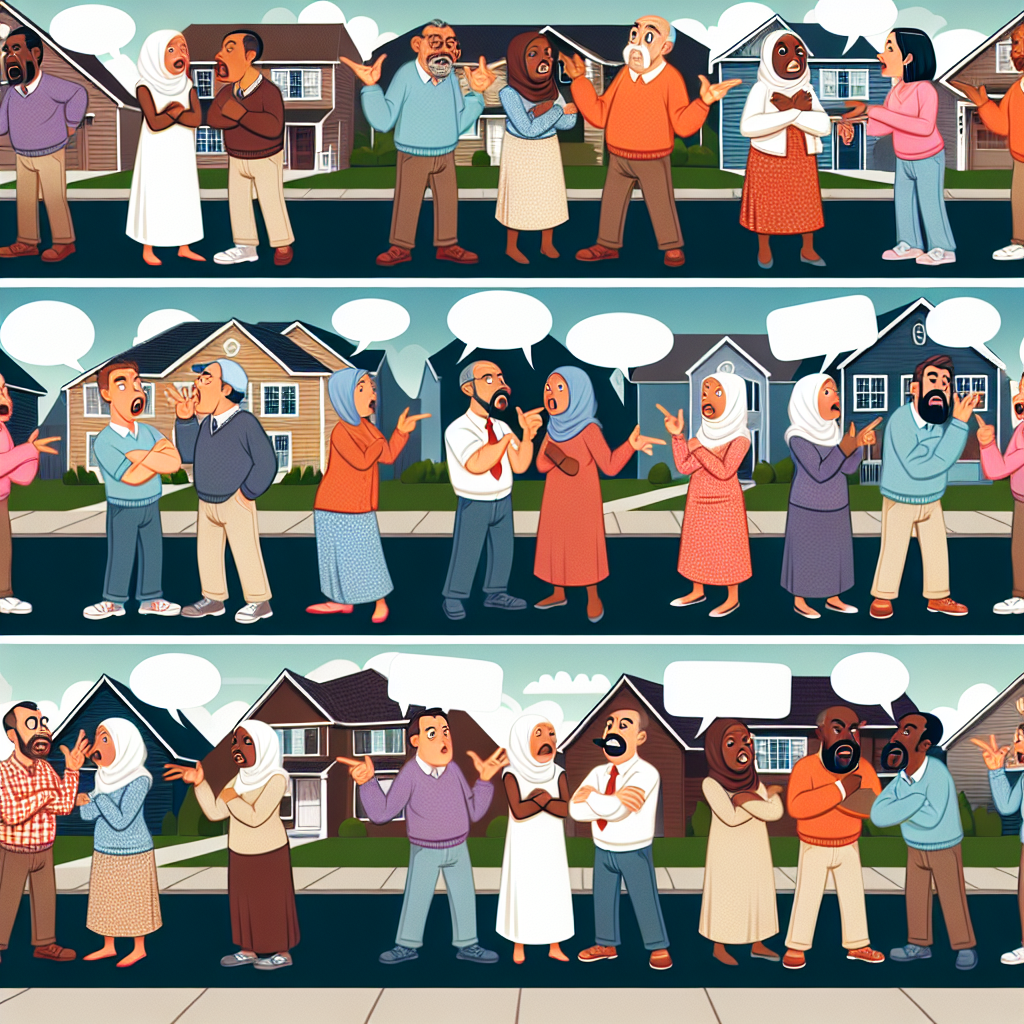Supreme Court Clarifies: Neighbourhood Quarrels Not Abetment of Suicide
The Supreme Court ruled that heated neighbourhood quarrels do not necessarily constitute abetment of suicide under Section 306 of the IPC. It overturned a woman's three-year conviction, stating intention to instigate suicide is critical. This decision responds to a Karnataka High Court ruling on a 2008 case.

- Country:
- India
The Supreme Court has clarified that neighbourhood quarrels involving heated exchanges and physical altercations don't automatically constitute abetment of suicide under Section 306 of the Indian Penal Code.
On Tuesday, a bench led by Justices B V Nagarathna and K V Viswanathan overturned a Karnataka High Court ruling that sentenced a woman to three years in prison for allegedly abetting her neighbour's suicide in 2008.
Emphasizing the importance of intent, the apex court noted that the accused must have intended to aid, instigate, or abet the victim's suicide. The bench remarked on society's historical familiarity with neighbourhood disputes.
(With inputs from agencies.)
ALSO READ
Standing Up for Convictions: A Tale of the Vice Presidential Election
Odisha Police Intensifies Efforts to Boost Convictions in Crimes Against Women
Rising Tragedy: Suicide Rate Among CRPF Personnel in Chhattisgarh
Thailand's Supreme Court says former PM Thaksin must serve one year prison term in graft and abuse of power convictions, reports AP.
Tragic Loss: Kanpur Student's Shocking Hostel Suicides










